Publishing Studies Concentration
as part of the Master of Arts in English at Southeastern
Publishing Studies Program Overview
The Publishing Studies concentration in the English Department's M.A. program targets students whose range of skills and interests go beyond literary studies into the real-world activities of editing and presenting texts to the public in print and digital forms. This M.A. concentration offers those students a comprehensive program that addresses the full range of software skills, methods, theory, and historical background demanded in this rapidly-changing field. Students will learn the latest developments in digital humanities scholarship, as preparation for Ph.D. programs; in digital and print editing and production, as preparation for the workforce; and in classroom applications of technology, as support for teaching writing and publishing.
Publishing Studies Program Requirements
The requirements for a concentration in Publishing Studies include courses in editing, the visual culture of publishing, print publishing, online publishing, and a supervised internship. The Publishing Studies concentration does not offer a thesis option, but does require an internship, discussed in more detail below.
All students choosing the Publishing Studies concentration must complete the following coursework:
ENGL 585 Foundations in Publishing Studies and Professional Writing
ENGL 592 Introduction to Literary and Technical Editing
ENGL 549 History of the Book or ENGL 586 Document Production and Design
ENGL 593 Practicum in Humanities Print Publishing or ENGL 594 Publishing in Digital Humanities
ENGL 595 Internship
ENGL 652 Studies in Publishing Seminar
Internship
Publishing Studies students will complete a one-semester Internship course (ENGL 595). These internships can be based on a student’s graduate assistantship when the assigned role is appropriate (editor for a student publication, editorial assistant for a professional journal, website development, among others), or a current job in publishing outside of school, or an internship arranged specifically for the semester course. In all cases the Coordinator of Publishing Studies must approve the internship, and verify the agreement of the faculty member who will serve as instructor of record, before the student may register for ENGL 595. Before the course begins the instructor of record will establish an approved plan of work and a regular system of reports with the job supervisor for the duration of the internship, available to the instructor during the internship. The instructor will also provide a list of readings relevant to the student’s internship project for purposes of reflection. During the course the student will meet regularly with the instructor, provide regular written documentation and reflections on the work completed (including a substantial final reflection essay), and compile a portfolio for the internship out of these documents.
Faculty
Jack Bedell, Ph.D., University of Louisiana at Lafayette, MFA, University of Arkansas at Fayetteville
Professor and editor of Louisiana Literature
Areas of Expertise: Editing, Print Humanities Publishing
Joel Fredell, Ph.D., Indiana University
Professor, Coordinator of Publishing Studies, and editor of the The Kempe Project
Areas of Expertise: History of the Book, Digital Publishing, Digital Humanities Publishing
Samuel Fuller, Ph.D., Clemson University
Assistant Professor of Technical and Professional Communication
Areas of Expertise: Indie Publishing, Digital Humanities, Hacker Culture, Videogame Studies
David Hanson, Ph.D., University of Chicago
Professor, Department Chair, and editor Nineteenth-Century Studies and The Ruskin Project
Areas of Expertise: Editing, Print Humanities Publishing, Digital Humanities Publishing






